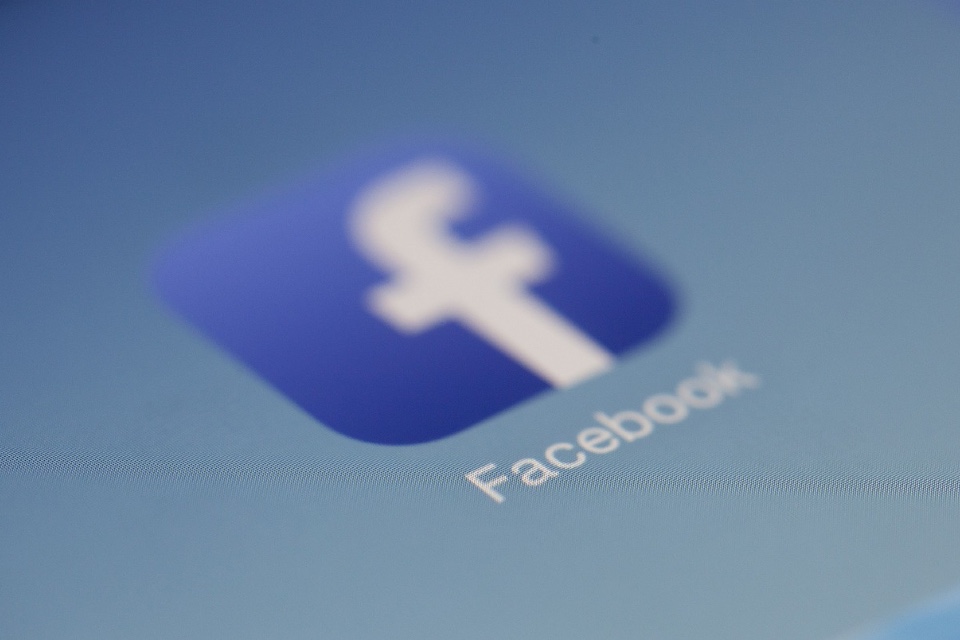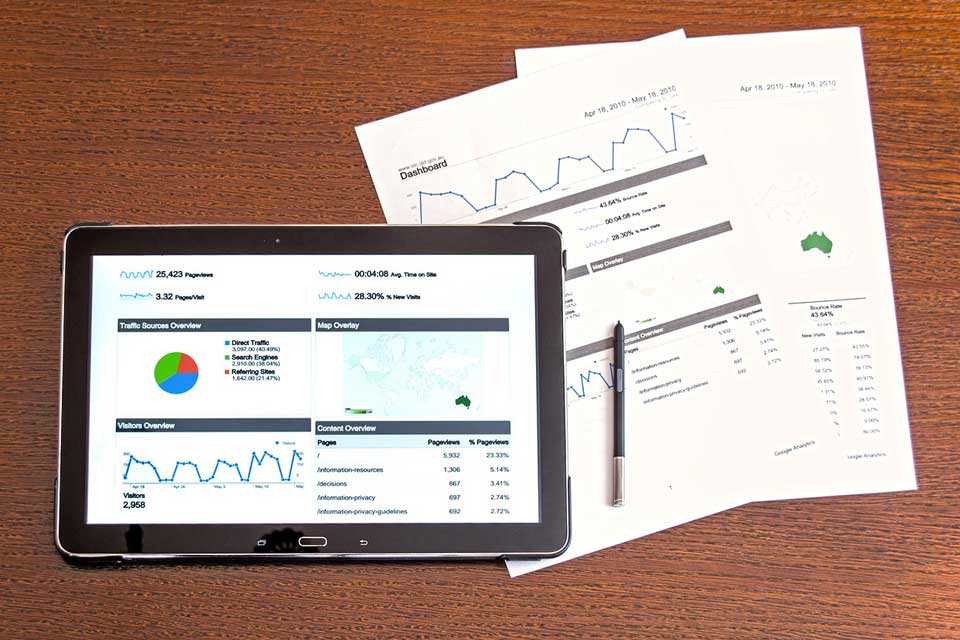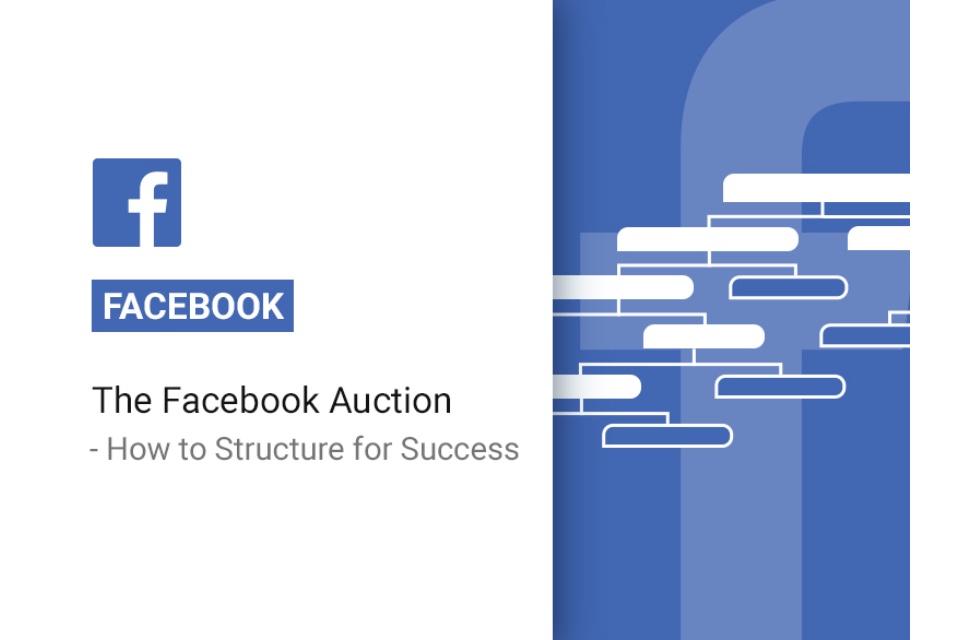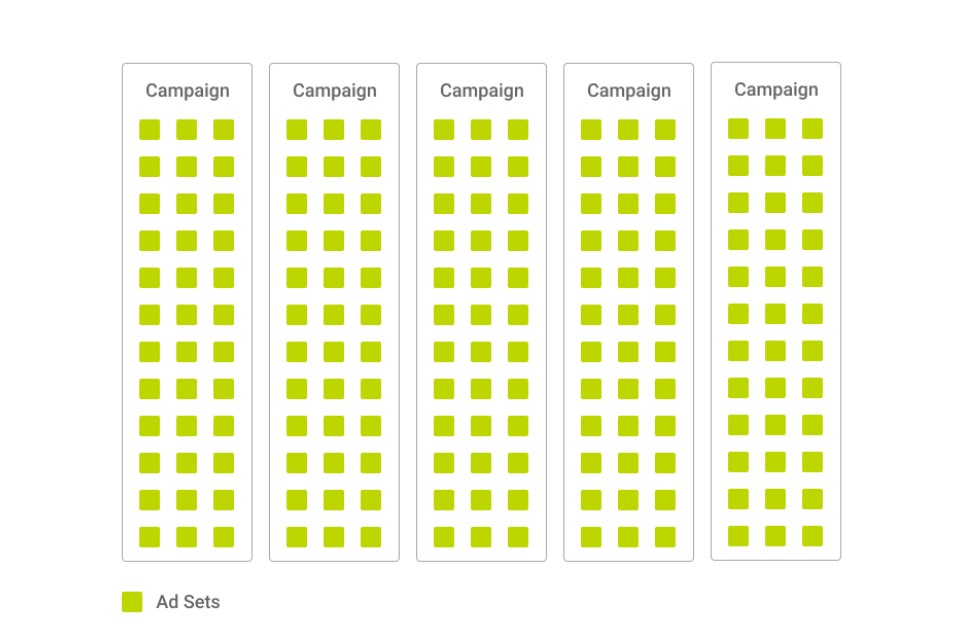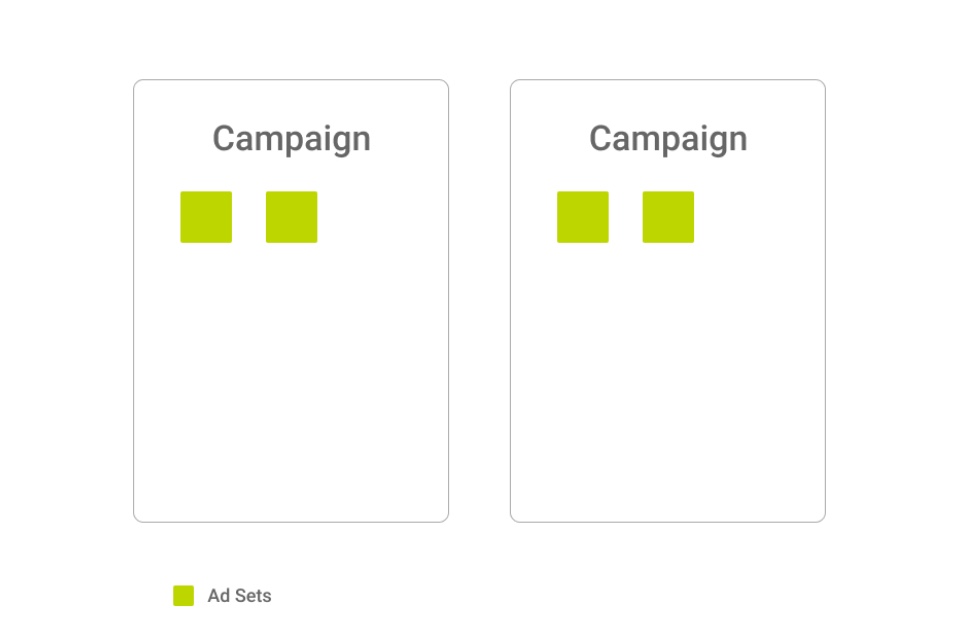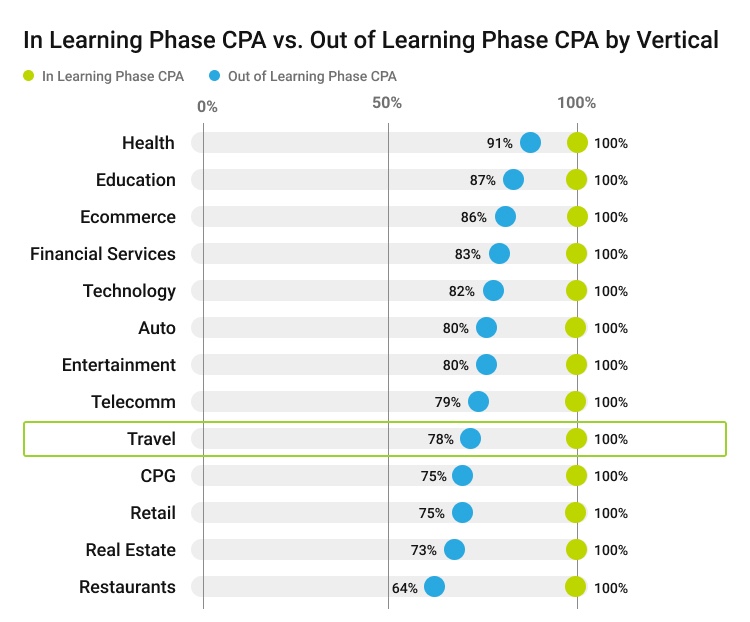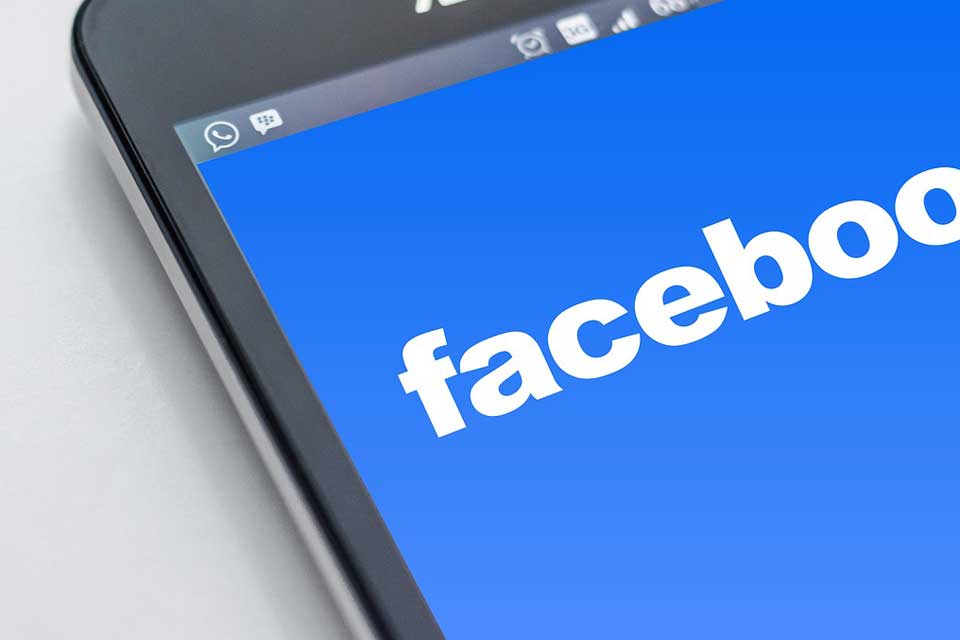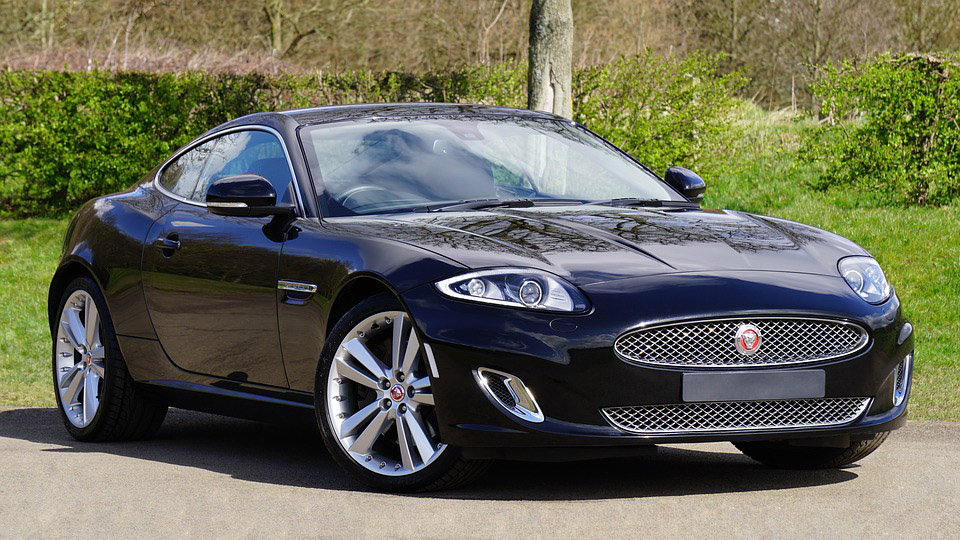Instagram has a larger audience and nearly 20X more interactions than Facebook among top 50 brand profiles, according to Socialbakers’ new Q4 2019 Trends Report.
Key insights from the report include Instagram overtaking Facebook in audience size, the relative decline in engagement during the holiday season, the popularity of vertical videos, the dominance of women among fans and followers, growing ad spend, and the continuing explosion of influencer marketing.
“The writing has been on the wall for some time, but now it’s official. When it comes to the top 50 biggest brand profiles, Instagram has a larger audience than Facebook,” said Yuval Ben-Itzhak CEO, Socialbakers. “That development was not a surprise. What was unexpected in Q4 2019, however, was the relative decline in engagement during the holiday season. This is a warning sign that brands require a deeper understanding of which types of content their audiences find compelling, and an agile method to get that content in front of them.”
The key findings of the Q4 2019 Trends report include:
· For the first time globally, Instagram surpassed Facebook in audience size – but for the top UK brand profiles, Facebook still has a marginally bigger audience, but greater engagement is found on Instagram
· Despite efforts to attract consumers during the holiday period, post interactions for both Instagram and Facebook were lower in Q4 2019 than Q4 2018
· Women make up the majority of fans and followers of brand pages on Instagram and Facebook, representing over half (56.4%) of the audience engaging with brands
· Whilst 70% of videos on Facebook brand pages are shot horizontally, viewers are more likely to complete a vertical video than horizontal (29.9% vs. 22.2% respectively)
· Ad spend on Instagram Stories increased by 40% over the last year, and by 91% over the last two years. Meanwhile, in the UK, brands are still posting more to the Instagram News Feed
· The number of influencers using #Ad exploded by 90.5% in Q4 2019
· The Services category (including lawyers, accounting services and IT services) found a 66.7% jump in engagement
Based on the top 50 biggest brand profiles worldwide, there was a notable change in Q4 2019. For the first time, the total audience on Instagram surpassed the total audience size on Facebook. Additionally, the total interactions on Instagram were nearly 20 times larger than those on Facebook. So, even though the top 50 brands published more posts on Facebook, the engagement on those posts didn’t reach the numbers that Instagram was able to achieve.
For the top UK brand profiles Facebook still has a marginally bigger audience. However, while brands are posting roughly the same amount of content to Facebook and Instagram, they are seeing significantly more engagement on Instagram. The lesson here is that UK brands need to focus on their Instagram strategy as by splitting their content between both platforms they are likely leaving interactions on the table.
Engagement: A surprising drop in interactions
In the UK the industries that are seeing the most engagement across Facebook and Instagram are ecommerce, fashion and retail. The data shows that ecommerce brands are really leveraging the potential of Facebook, whilst Fashion brands are running the show on Instagram.
Despite attempts to attract consumers during the holiday season, the relative post interactions for both Instagram and Facebook were lower in Q4 2019 than a year ago. This was true even among the most successful industries on social media. Fashion, the top industry on Instagram, decreased by 19.4%, while the top industry on Facebook, Ecommerce, decreased by 9.6% versus Q3 2019. This may indicate that brands need to get smarter about the content they post, and focus on top quality content in smaller volumes to increase engagement.
However, one interesting success story in Q4 engagement is the Services category. It achieved a 66.7% jump in engagement on Instagram compared to Q3 2019. On Facebook, Services finished fourth with 7.6% of total interactions after not making the top eight in the previous quarter. Services is a wide-ranging category that includes lawyers, accounting services, hairdressers, car repairs, IT services, conference and event organisers, and weight loss courses.
Format: Vertical videos pull viewers in
Marketers often wonder whether viewers prefer videos that were shot horizontally or those that were shot vertically. Currently, about 70% of videos on Facebook brand pages are shot horizontally. But according to Q4 data from those Facebook brand pages, vertical videos perform better than horizontal videos across the board. For videos shorter than 30 seconds (which is the most popular video length), vertical videos were completed by viewers 29.9% of the time, while horizontal videos were completed 22.2% of the time.
Demographics: Women are dominant on social media
According to the Q4 2019 data, women make up the majority of fans and followers of brand pages on both Instagram and Facebook. On Instagram, 58% of brand page followers were female, comprising the majority of every age demographic. On Facebook, women made up 56.7% of the total audience of page fans, although there were slightly more men in the 18-24 age demographic. Women are also the largest group of people mentioning and interacting with brand pages in the prime marketing demographic of 25-34. Overall, women represented 56.4% of the audience engaging with brands in Q4 2019.
Ad spend: Instagram rises but Facebook remains the leader
As in past quarters, ad spend on Instagram Stories continues its rapid growth, although Facebook Feed remains the leader with 58.3% of total ad spend. For the first time, Instagram Stories reached 10% of ad spend in the second half of 2019. Overall, the spend on Instagram Stories increased by 40% over the last year, and by 91% over the last two years.
In the UK the data shows that brands are still posting more to the News Feed. Since Stories are proving to be a highly engaging content format globally, perhaps UK brands need to up their game on Stories.
Other ad spend trends include the rise of Instagram Explore and Facebook Marketplace as a destination for advertising dollars. In its first five months, the percentage of ad spend on Instagram Explore grew to 1.32%. And over the last year, ad spend on Facebook Marketplace grew from 0.72% in December 2018 to 1.31% at the end of 2019, an increase of more than 80%.
Influencer marketing: No sign of slowing down
One trend that remains unchanged is the skyrocketing growth of influencer marketing. In Q4 2019, the number of influencers using #Ad or the local language version in their posts exploded by 90.5%. For the third straight quarter, the top Instagram brand profile in the world associated with influencers was Walmart, which had 854 mentions from 619 influencers in Q4 2019. Other profiles with successful influencer partnerships included Daniel Wellington, iDeal Of Sweden, and FashionNova.com.
The complete Q4 2019 Social Media Trends Report with supporting graphics is now available for free download.

